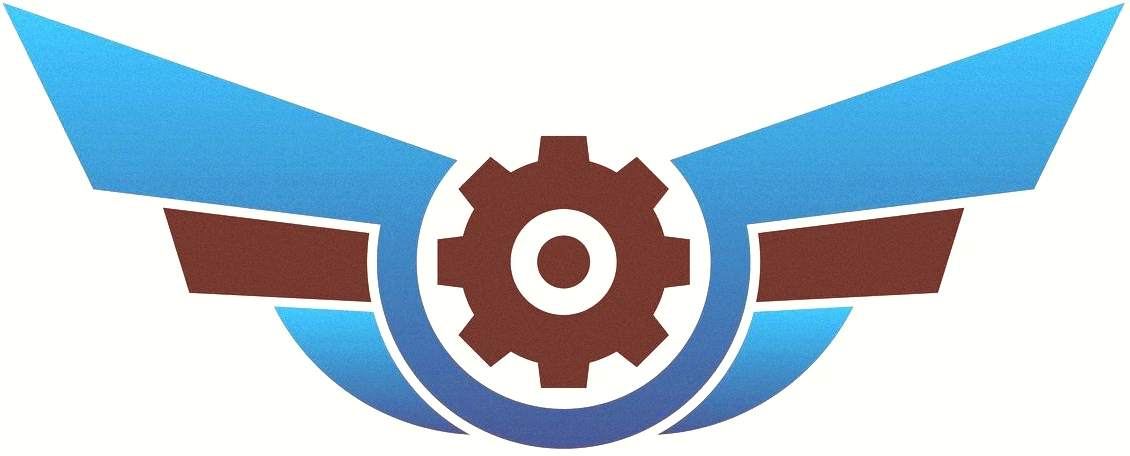Eastern Florida State College (EFSC) offers a comprehensive suite of aviation programs designed to equip students with the skills and certifications necessary for successful careers in the aviation and aerospace industries. Located at the Melbourne International Airport, EFSC’s Aviation Center provides hands-on training in a state-of-the-art facility.
Quick Facts
- Length: 21 Months (minimum)
- Cost: $17,000 - $19,000
- Location: Melbourne, FL
- Website: https://www.easternflorida.edu/academics/aviation-maintenance-technology/index.php
Aviation Maintenance Programs
Aviation Maintenance Technology – Certificate Programs
Program Structure and Duration
EFSC’s Aviation Maintenance Technology program is structured into two Career and Technical Certificates (CTCs):
- Aviation Airframe Mechanics CTC
- Aviation Powerplant Mechanics CTC
The combined program spans approximately 21 months, totaling 2,250 clock hours:
- 450 hours in General Mechanics
- 900 hours in Airframe Mechanics
- 900 hours in Powerplant Mechanics
Curriculum Highlights
The program combines classroom instruction with practical, hands-on experience in EFSC’s aviation maintenance shop and hangar.
Courses include the following:
AMT 0708 – Aviation Maintenance Technology General 1
This course covers the fundamentals of aviation maintenance, including mathematics, physics, aerodynamics, federal regulations, human factors, and basic electrical systems. It also introduces blueprint reading, precision measuring tools, and DC electrical circuits. Designed as part of a sequence leading to FAA Airframe Certification, it provides a solid technical foundation.
AMT 0709 – Aviation Maintenance Technology General 2
Building on AMT 0708, this course focuses on ground handling and servicing, battery maintenance, AC and solid-state electrical circuits, and inspection methods. It also includes training in corrosion control, fluid lines and fittings, and aircraft weight and balance.
AMT 0822 – Aviation Maintenance Technology Powerplant 2
This course teaches engine overhaul, removal, installation, and operational procedures. It also covers engine inspection and troubleshooting techniques for reciprocating powerplants. Students must complete foundational coursework before enrollment.
AMT 0823 – Aviation Maintenance Technology Powerplant 3
Students explore turbine engine operation, engine fire protection systems, instrumentation, and powerplant electrical systems. The course includes study of lubrication, air, exhaust, fuel metering, and ignition systems, requiring completion of earlier engine courses.
AMT 0824 – Aviation Maintenance Technology Powerplant 4
Focused on turbine engine overhaul and operational procedures, this course also trains students to perform troubleshooting and inspection tasks on turbine engines. It is taken alongside Powerplant 3 as part of advanced engine maintenance training.
AMT 0713 – Aviation Maintenance Technology Airframe 2
This course provides training in the maintenance and repair of both metallic and non-metallic aircraft structures. Emphasis is placed on structural integrity and material handling. It builds upon introductory airframe instruction.
AMT 0714 – Aviation Maintenance Technology Airframe 3
Students learn to maintain and troubleshoot hydraulic and pneumatic systems, landing gear assemblies, and environmental control systems. It prepares students for complex airframe service roles.
AMT 0717 – Aviation Maintenance Technology Airframe 4
The final airframe course focuses on systems including ice and rain control, fire detection and suppression, and various aircraft lighting and communication systems. Students also gain experience with aircraft inspections and water/waste systems.
Tuition and Fees
For Florida residents, the estimated total cost for both certificates is approximately $17,000, which includes tuition, lab fees, textbooks, and tools.
Aviation Maintenance Administration – A.S. Degree
The Aviation Maintenance Administration A.S. degree is designed for individuals seeking to advance into supervisory or management roles within the aviation maintenance industry. The program builds upon the technical skills acquired in the Airframe and Powerplant certificates.
Curriculum and Duration
The degree requires 27 additional credit hours beyond the A&P certifications, focusing on subjects such as quality management, supervision, operations management, and technical writing. These courses are typically completed over two semesters.
Tuition
For Florida residents, the estimated tuition for the additional coursework is around $2,800, excluding course materials and lab fees.
Facilities and Learning Environment
EFSC’s Aviation Center at Melbourne International Airport features modern classrooms, a fully equipped hangar, and specialized labs. The facility provides students with real-world experience in aircraft maintenance and repair.
Career Outcomes
Graduates are prepared for entry-level positions as aviation maintenance technicians in various sectors, including commercial airlines, aerospace manufacturing, and repair stations.
The AS degree enhances career prospects by preparing graduates for leadership positions in aviation maintenance, including roles such as maintenance supervisors, quality assurance managers, and operations coordinators.
Accreditation
EFSC is an FAA-certified Part 147 Aviation Maintenance Technician School. Upon completion, students are eligible to take the FAA’s written, oral, and practical exams for Airframe and Powerplant (A&P) certifications.
